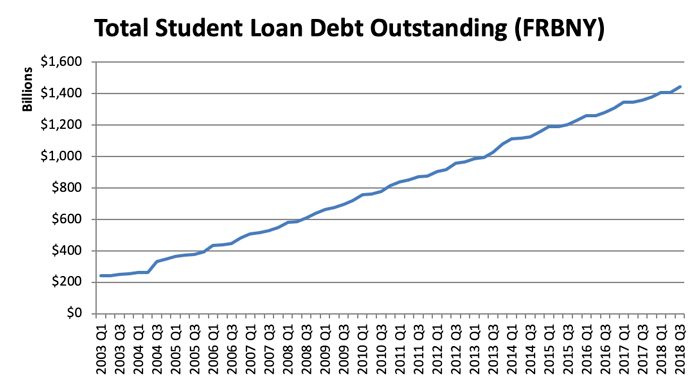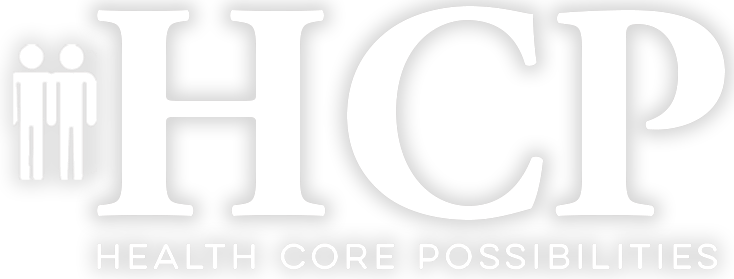 In November 2017 California Attorney General Xavier Becerra elected to sue one of the largest predatory institutions operating in California; Ashford University. HCP has studied the business models of “predatory” for-profit schools in California. We have followed the activities of the Bureau of Private and Postsecondary Education and the Student Tuition Recovery Fund. The Bureau does very little to comply with its mandate which includes the following powers:
In November 2017 California Attorney General Xavier Becerra elected to sue one of the largest predatory institutions operating in California; Ashford University. HCP has studied the business models of “predatory” for-profit schools in California. We have followed the activities of the Bureau of Private and Postsecondary Education and the Student Tuition Recovery Fund. The Bureau does very little to comply with its mandate which includes the following powers:
- cite, revoke, suspend, place on probation, or bring an action for equitable relief against any approved institution if the institution has violated a provision of the laws governing the institution’s operation (Article 18 of the Act).
- approve and deny applications for approval to operate a private postsecondary institution in California.
- verify an institution’s compliance with applicable laws and regulations
- investigate student and consumer complaints against institutions
- investigate activities of unlicensed institutions, and
- discipline institutions when their operations are found to be in violation of the Act and regulations.
Observations regarding private for-profit predatory schools in California.
Predatory schools encourage students to take out loans to pay for their education. Half the money goes to the school as tuition. Half goes to the student to pay for living expenses. However, the student is liable to repay the entire loan. Once sharp businessmen figured out there was a risk-free business model that could be easily exploited there was an explosion in the number of predatory for-profit schools; many online. One of the earliest books to describe the phenomenon is Online Education Fraud.[1]
BPPE.The Bureau of Private and Postsecondary Education (BPPE) is the largest oversight body under the California Department of Consumer Affairs. The BPPEhas oversight jurisdiction for 1,116 institutions (the total required to submit a 2014 Annual Report to the Bureau) of which 861 complied. These reporting institutions accounted for 275,624 students. HCP has studied the business models of “predatory” for-profit schools. We followed the activities of the Bureau of Private and Postsecondary Education over the same period. The Bureau does very little to comply with its mandate which includes an array of considerable powers it seldom employs.
- cite, revoke, suspend, place on probation, or bring an action for equitable relief against any approved institution if the institution has violated a provision of the laws governing the institution’s operation (Article 18 of the Act).
- approve and deny applications for approval to operate a private postsecondary institution in California.
- verify an institution’s compliance with applicable laws and regulations
- investigate student and consumer complaints against institutions
- investigate activities of unlicensed institutions, and
- discipline institutions when their operations are found to be in violation of the Act and regulations.
The Bureau is overseen by a joint Assembly and Senate committee in addition to its own Advisory Committee that supposedly oversees and advises the BPPE. In fact, the Advisory Committee exercises little authority over the Bureau. This is not surprising since the BPPE has more than two decades of history ignoring its own authority. As a result, for profit schools operate with impunity in California.
Becerra Sues Ashford U. Did he kick a dead horse?In November 2017 California Attorney General Xavier Becerra elected to sue one of the largest predatory institutions, Ashford University, operating in California.[2]The charges allegeAshford University and its parent company Bridgepoint Education have engaged in unlawful business practices. The following is from the DOJ announcement about the lawsuit.
“Ashford made false promises and furnished faulty information to students to persuade them to enroll. It also used illegal debt collection practices when students struggled to pay their bills. This for-profit college illegally misled students about their educational prospects and unfairly saddled them with debt. In today’s economy, college is too pivotal and precious to let a predatory for-profit company swindle our daughters and sons out of the higher education they’ll need to get ahead.”
AG Becerra has undertaken a project that is presently under-the-radar. However, we believe the news cycle is dormant when it comes to predatory schools. The inevitable collapse of dozens if not hundreds of schools is in motion. Predatory schools have made frequent news headlines for a decade. First the news was laudatory: increased access to advanced degrees for working people, phenomenal profits for owners and investors. The stories began to turn with the White House Gainful Employment initiative. The stories became about sudden closures described as “unforeseeable;” congressional hearings regarding education fraud; and doors to the “campus” shuttered on Sunday for the arrival of staff and students on Monday.
HCP examined publicly available records to determine whether indicators exist that might estimate the risk for closure of a given school; indicators that might have acted as “red flags” in the past for the worst predatory schools such as Corinthian, Marinello, Le Cordon Bleu, Sage, and ITT. HCP examined databases provided by the US Education Department (e.g., IPEDS) and salient accreditation bodies (e.g., ACICS, HLC). The recent change appointment of Secretary DeVos to lead the USED has renewed hope for predatory operators who believe they will be able to survive the flight of student from their “universities.” Students are already voting with their feet. Enrollments are down across many sectors.
Is this a new era for predatory schools?Can predatory schools escape the downward spiral initiated by the Obama era initiatives? Ms. DeVos has appointed new staff, many of whom come from the for-profit school sector. The aggressive and effective campaign under the previous administration has been halted. Stock prices for the largest “school” enterprises have increased as investors expect future earnings to push past the most recent revenue losses. The Gainful Employment program is dead. While some of the above is true, the risk for continued predatory school failures remains strong.
Conventional wisdom deems predatory schools should no longer fear federal pressures to produce data such as annual graduation rates and job placements. We believe predatory schools will continue to close as enrollments continue to drop. The number of predatory schools (4-Year For-Profit) fell off the cliff in 2016; down 10%. The drop could be a function of the “word being out” among prospective students; low graduate employment rates and high debt amounts (approaching $1.5 trillion overall). HCP identified certain sectors have the worst employment outcomes (cosmetology, criminal justice), while other sectors show better employment outcomes (entry level health careers, computer skills). Schools that focus on the better sectors are less likely to close.
What is the Student Tuition Recovery Fund, aka STRF (striff)? The STRF “exists to relieve or mitigate losses by a student” for multiple reasons that in the simplest language amount to fraud by the institution. BPPE acknowledged in 2017 it only approves 10% of STRF applications, citing incomplete applications from defrauded students and overburdened BPPE staff. The timid approach taken for years by BPPE – and legislators – places the STRF at risk of becoming bankrupt.
Expect more predatory schools to close over the next 18 months. What began as a trickle may quickly become a flood. Predatory schools are businesses. Once the money streams stop flowing schools which foresee a failing enterprise will close their doors without warning. BPPE staff, students and employees, and legislators seem to find out the day after the campus doors are locked for good (often on a Sunday).
It seems inevitable that there will a run on the STRF program which is funded at $25 million. If 2,500 students are paid out, the STRF will require assessments on the remaining schools to replenish the depleted fund. This will increase the burden on the BPPE approved schools still in business. This will of course contribute to further closures. Watching the death spiral will rekindle the news cycle for predatory schools. The fiscal failure of the STRF and the dysfunctional BPPE will end up in the lap of the legislature.
This report was prepared by Steven H. Stumpf, EdD
Founding Partner, Health Core Possibilities
[1] Online Education Fraud the Diary of a Short Seller; by Robert Macarthur; published 2014; https://www.amazon.com/Online-Education-Fraud-Diary-Seller-ebook/dp/B00QQYDW3G
[2]https://oag.ca.gov/news/press-releases/attorney-general-xavier-becerra-sues-profit-ashford-university-defrauding-and
